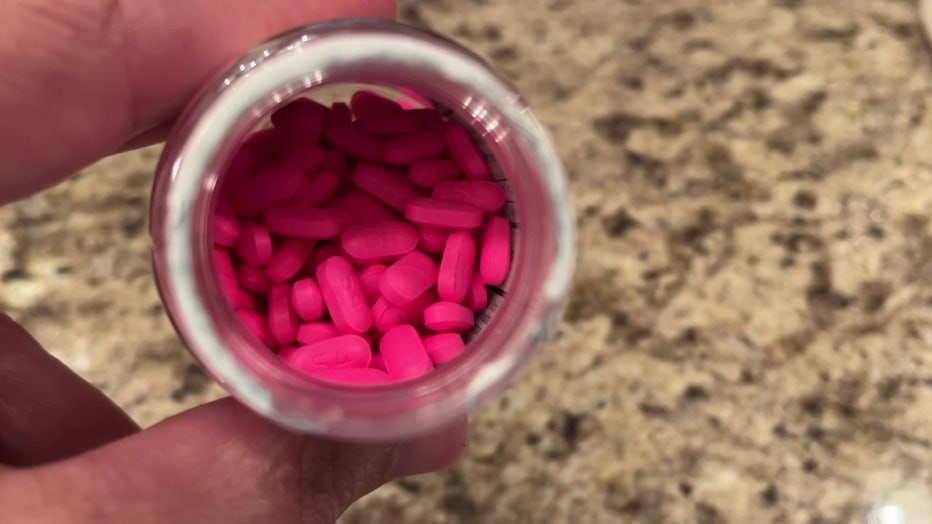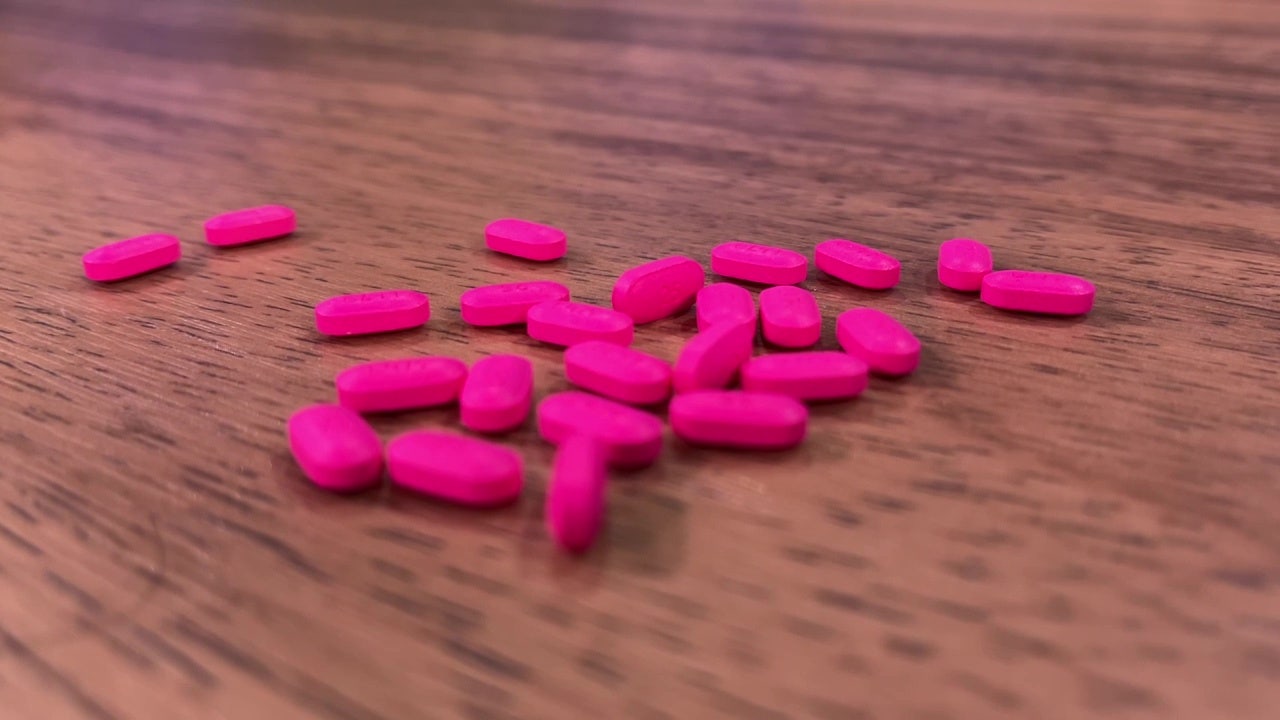
TAMPA – Health experts are raising new concerns over how often Americans reach for over-the-counter medications like Benadryl, saying the drug’s main ingredient — diphenhydramine — is outdated and overused.

Diphenhydramine is an antihistamine often used to treat allergies and aid sleep, but physicians say its side effects can be more dangerous than people realize — especially when overused or taken long-term.
What they’re saying:
“It’s just so overly used,” said Dr. Saleh Hassan, an ER physician with Orlando Health Bayfront in St. Petersburg. “People forget that these medicines have side effects.”
Dr. Hassan says accidental overdoses are common, especially when people don’t realize that diphenhydramine is also included in nighttime cold and sleep aid products.
He notes the drug can cause:
Excessive sedationCognitive decline (including long-term use dementia links)Heart problemsPoor sleep qualityRare — but potentially fatal — complications in older adults
The other side:
Not all doctors believe diphenhydramine should be pulled from store shelves.
Tampa Bay physician Dr. Fadi Saba says better education, not tighter regulation, is the answer.
“People need to be more educated about when to use these medications, how to use them, and what side effects to expect,” Dr. Saba said.

He points to newer allergy medications like Claritin, Allegra, and Zyrtec as safer alternatives with fewer sedative effects.
READ: Free study in Florida aims to calm dogs’ storm anxiety
What’s next:
The FDA has not moved to restrict diphenhydramine, and Johnson & Johnson, the maker of Benadryl, has not responded to recent criticism. The company does recommend not exceeding 2 pills every 4 to 6 hours, and warns against off-label use for sleep.
Physicians recommend speaking with a doctor before starting or continuing regular use — especially for sleep or long-term allergy relief.
CLICK HERE:>>> Follow FOX 13 on YouTube
The Source: This story is based on interviews with two Florida-based physicians: Dr. Saleh Hassan of Orlando Health Bayfront in St. Petersburg, and Dr. Fadi Saba, a practicing internal medicine specialist in the Tampa Bay area.

